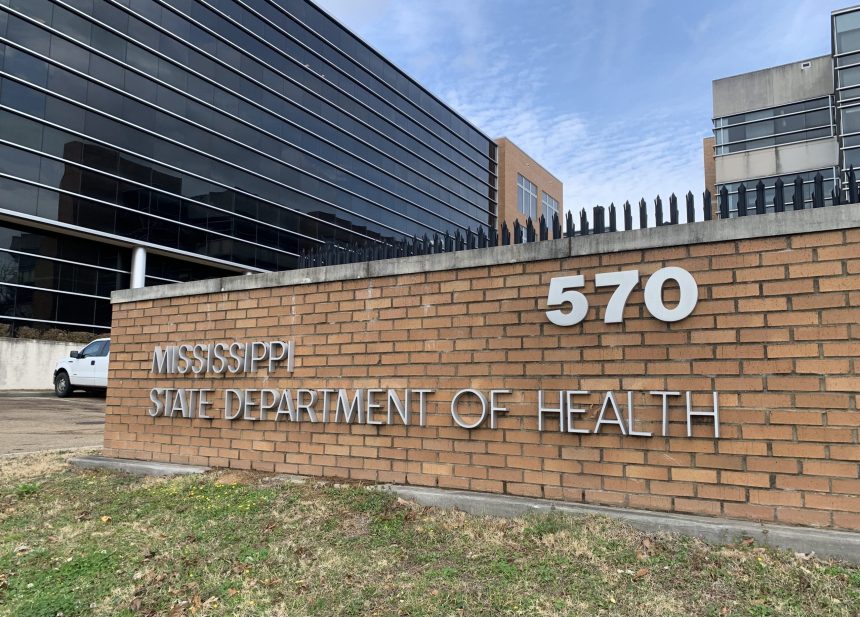Mississippi has seen an increase in maternal mortality rates, and healthcare leaders are looking to curb those fatalities among expecting mothers.
The Mississippi Maternal Mortality Review Committee (MMRC) has released a report on deaths from 2016 through 2020. The independent group, established in 2017, reviews maternal deaths to find opportunities for improvement and make recommendations to prevent future deaths in the state.

Some startling statistics include that 80 percent of pregnancy-related deaths in Mississippi were deemed preventable, and 92 percent had some level of opportunity to alter the death of expecting mothers.
According to State Health Officer Dr. Daniel Edney, there are racial disparities seen in the state’s mortality rates. He is hopeful that programs offered by the Mississippi State Department of Health will serve to curb disparities and eliminate maternal mortality rates altogether.
“This report shows that in 2020, Black, non-Hispanic women had a pregnancy-related mortality rate that is four times higher than White, non-Hispanic women,” Edney said. “That’s why the Healthy Moms, Healthy Babies program at MSDH is our top priority. We offer care management and home visits for expectant moms and infants at risk for health problems. Losing one mother is too many.”
According to the report, cardiovascular disease and hypertension are the top contributors to maternal mortality, but it also displays a trend of pregnancy-associated death related to mental illness, substance abuse, homicide, and suicide.
Health experts believe that it is imperative to ensure timely identification, referral, and treatment for those with mental health needs. Thoughtful integrative strategies to lower the burden of mental health, substance abuse, and gun violence are argued to be vital in reducing maternal death from these causes.
Nationally, the maternal mortality rate has been increasing as well. In 2020, it rose to 23.8, and in 2021 to 32.9 per 100,000 live births.
Mississippi numbers from 2016-2020
- The pregnancy-related mortality rate was highest (81.5 per 100,000 live births) in women within the 35-39 age group.
- The majority (43 percent) of pregnancy-related deaths occurred in women who were pregnant 43 days up to one-year post-pregnancy and before death.
“I am grateful to the leadership and volunteer members of the MMRC who tirelessly leave no question unasked and no stone unturned in exploring what happened and how these deaths might have been prevented. When we know better, we can do better,” Edney said. “We continue our call to action for all elected leaders, healthcare leaders, stakeholders, and community partners to join MSDH in this effort to not only reduce but minimize maternal infant deaths in Mississippi.”
Recommendations to save mothers’ lives include
- Medicaid expansion should be incorporated for rural hospitals to remain open and include access to telehealth services. There is a need for rural healthcare facilities to provide higher levels of critical care, recruit and retain adequate providers, and have access to life-saving equipment, especially in the most vulnerable areas of the state.
- Improve utilization of telehealth services in rural areas for pregnant women and families to easily access maternal and fetal medicine specialists.
- There should be communication between all providers caring for the same patient during the same period. Mental health providers should be included in the communication loop (if applicable) and equipped to handle all referrals from other providers.
- All healthcare providers should have knowledge and/or education regarding urgent maternal warning signs.
- Women should have adequate paid maternity leave to allow for the appropriate amount of recovery time needed before returning to work after giving birth.
- Patients and their families should be educated on maternal early warning signs.
Many healthcare leaders in Mississippi remain hopeful that the state legislature will consider expanding Medicaid coverage in the state to help expecting mothers, despite pushback from some lawmakers that doing so would be “expanding welfare.”







